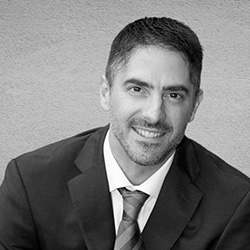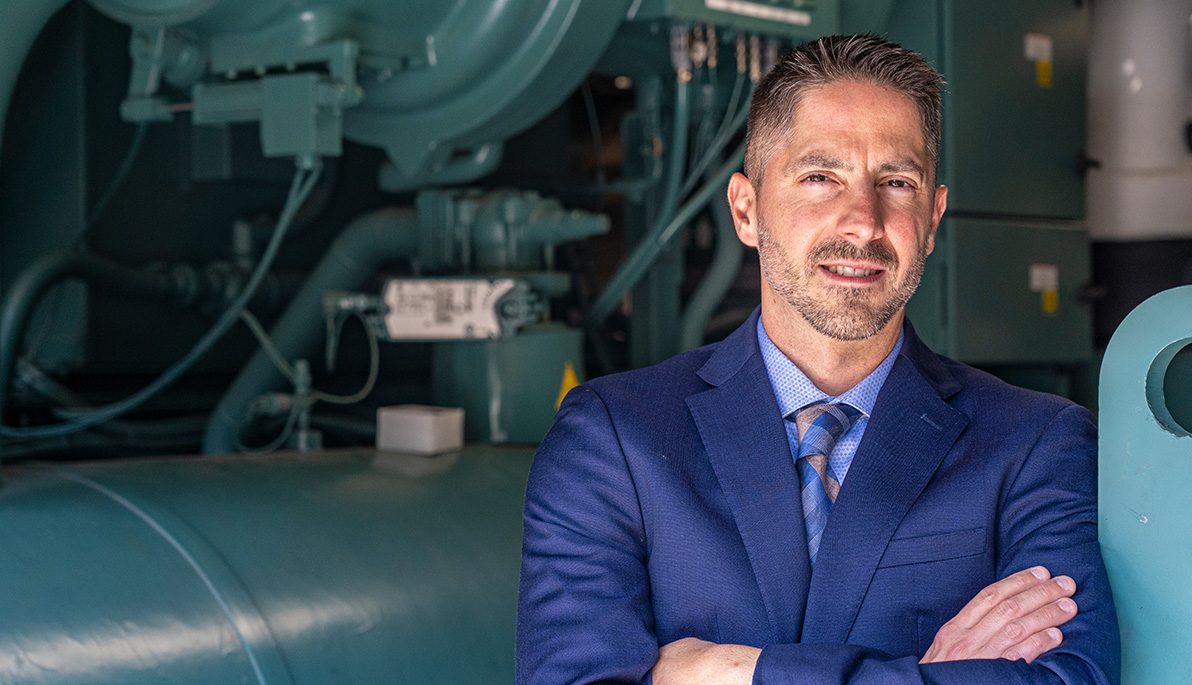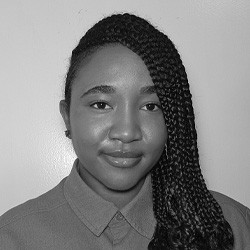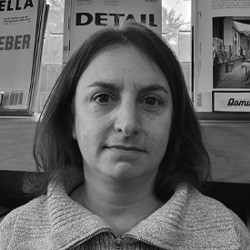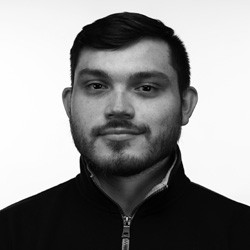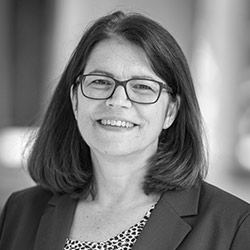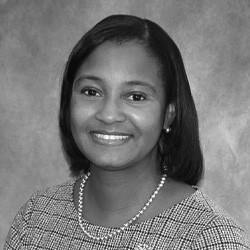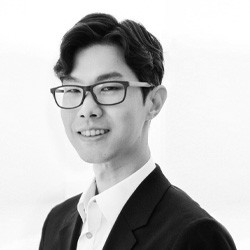Less is More When it Comes to Energy
When he was in high school, a guidance counselor once told Tom Lanzilotta (M.S. ’10) that he was “not college material.” Rather than be discouraged, Lanzilotta let that memory fuel him to work hard and prove otherwise. He went on to receive three degrees, one of which was a master’s at New York Tech. In 2021, Lanzilotta was named Energy Manager of the Year at the Association of Energy Engineers International Awards virtual ceremony, which recognizes those who exemplify the very best in their fields. He sat down with The Box to talk about his time at New York Tech and what led him to a career in energy management.
How did you become interested in energy management, and what was your experience studying at New York Tech?
I’ve always enjoyed being in nature thanks to my grandparents taking me to wooded land we had in Pennsylvania when I was younger. As I got older, I realized how important it is to conserve our resources so future generations can have similar experiences. As I entered the workforce, it always impressed me to see processes that were well thought out and done efficiently. No matter where I was working, I gravitated toward projects that involved improving processes through better use of materials and improved efficiencies. When I owned my own home and started paying my own utility bills, I applied the same principles of resource conservation and process efficiencies. I started to challenge myself to make my home as energy efficient as possible and looking for areas where I could conserve and eliminate waste. I enjoyed this so much that I switched my master’s degree from applied mathematics to energy management at New York Tech.
I really enjoy being around other people that are passionate about what they do, and this was especially evident among the professors I had at New York Tech. Dr. Robert Amundsen, Professor Fredric Goldner, Dr. Sarah Meyland, and Professor John Eff are all great examples of people who are passionate about what they do and are making an impact on the people they teach. Knowing that I am working to be a part of the solution to an urgent issue keeps me driven. Climate change isn’t going to fix itself, and the knowledge I’ve gained from professionals in this field gave me a great start in my current career.
Can you talk about what you are doing now?
I’m assistant director of energy management and sustainability for Stony Brook University. I’m responsible for all things relating to energy conservation and sustainability, such as tracking energy consumption, managing energy conservation projects, and implementing sustainability projects and outreach programs. I’m very grateful to have an amazing team at the university and to work with a lot of great people, agencies, and construction managers. My team and I are currently working on updating master plans for energy conservation, renewable energy, and fleet electrification. We are also working on a few energy conservation projects for HVAC, lighting, and metering/data analytics.
How did New York Tech help you in your career?
I started my position in 2012, and my master’s degree in energy management from New York Tech was very helpful. It was actually a preferred qualification on the application. When I started, the former energy manager was not available to guide me, so I used the knowledge gained from my degree and previous jobs and applied it to the university setting.
In what ways has your industry changed?
The industry has changed quite a bit since I started, and I think the biggest changes are related to the Internet of Things (IoT). The systems that keep buildings comfortable and illuminated are getting smarter and more connected through IoT and enable enhanced analytics of data. There is also a big push to leverage renewable energy and shift to electrification of all systems.
Going forward, I think we will see many more connected buildings and systems, a big shift in fleet electrification with the ability for vehicles to use bidirectional charging to stabilize the grid, and a move to use excess renewable energy to create hydrogen using electrolysis.
What advice would you have for first-year students at New York Tech?
Finding great mentors who had different backgrounds and opinions really shaped how I interact with people today. Education is only a small part of being successful. Enjoying what you do for a living, putting in your best effort, networking, and the ability to appreciate, respect, and listen to people and their ideas are such important traits. Thinking back, I wouldn’t be where I am today without connecting with and respecting people and their opinions.
This interview has been edited and condensed.
